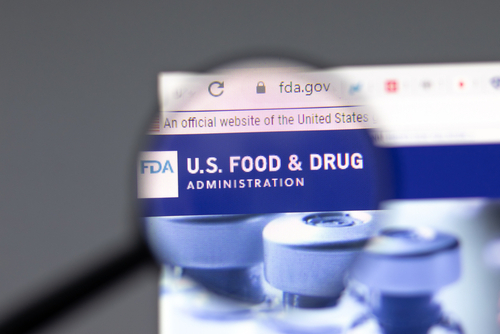
The Food and Drug Administration (FDA) has recently proposed a ban on brominated vegetable oil (BVO), an additive commonly used in several popular sodas. This move could potentially impact the production of well-known brands such as Sun Drop, Mountain Lightning, and various store brands from Walmart and Food Lion.
BVO is primarily used to prevent citrus flavoring from separating and floating to the top of beverages. However, recent studies have linked this additive to health issues such as irritation of the nose, throat, lungs, and mucous membranes, as well as potential neurological problems like memory loss and impaired balance.
The FDA is NOW proposing a ban on BVO – a vegetable oil modified with bromine, found in soda. The FDA said the additive is unsafe after studies suggested it could harm human health.
Keep in mind from 1970-2022 the food additive was FDA approved
That was 52 years ago…. https://t.co/qFpedTYWgM
— Misha Thomas (@MishaThoma11217) November 5, 2023
Sun Drop, a soda known for its mixture of lemon, lime, and sweet orange flavors, is one of the most recognizable examples of a beverage containing BVO. The company behind Sun Drop has already begun reformulating their product to exclude this controversial ingredient, in compliance with state and national regulations.
Another soda brand, Faygo, also uses BVO in its Moon Mist flavor. This Detroit-based brand, which offers more than 50 soda flavors nationwide, has been flagged by the Environmental Working Group (EWG) for its use of BVO, potassium benzoate, and the artificial sweetener sucralose.
FDA to ban soda ingredient BVO
"…In fact, BVO is already banned in many countries, including India, Japan, and nations of the European Union, and was outlawed in the state of California just last October with legislation due to take effect in 2027…" https://t.co/dsaMeKcx1y— J. Rose Konungrinn 🎃 (@jrosekonungrinn) November 6, 2023
The FDA’s proposed ban on BVO comes after the agency concluded that the additive is no longer safe for human consumption. This decision was based on recent data from animal studies demonstrating adverse health effects at levels approximating real-world human exposure.
BVO has been in use since the 1920s and was generally recognized as safe (GRAS) by the FDA in the 1950s and 1960s. However, it lost its GRAS status in the 1970s due to concerns about its potential risk to human health. Since then, regulators have been monitoring studies to determine whether BVO poses a significant health risk.
The proposed ban on BVO is currently in a 75-day comment period, during which stakeholders, including soda companies, can submit responses. These will be reviewed by the FDA, the Department of Health and Human Services (HHS), and the Office of Management and Budget (OMB) before a final decision is made.
If the ban is finalized, BVO will no longer be allowed in any foods. This could lead to significant changes in the production of several popular sodas and potentially impact the choices available to consumers.
While the potential health risks associated with BVO are concerning, it’s important to remember that moderation is key when consuming any food or beverage. As always, consumers should make informed decisions about their dietary choices based on the most current and reliable information available.












